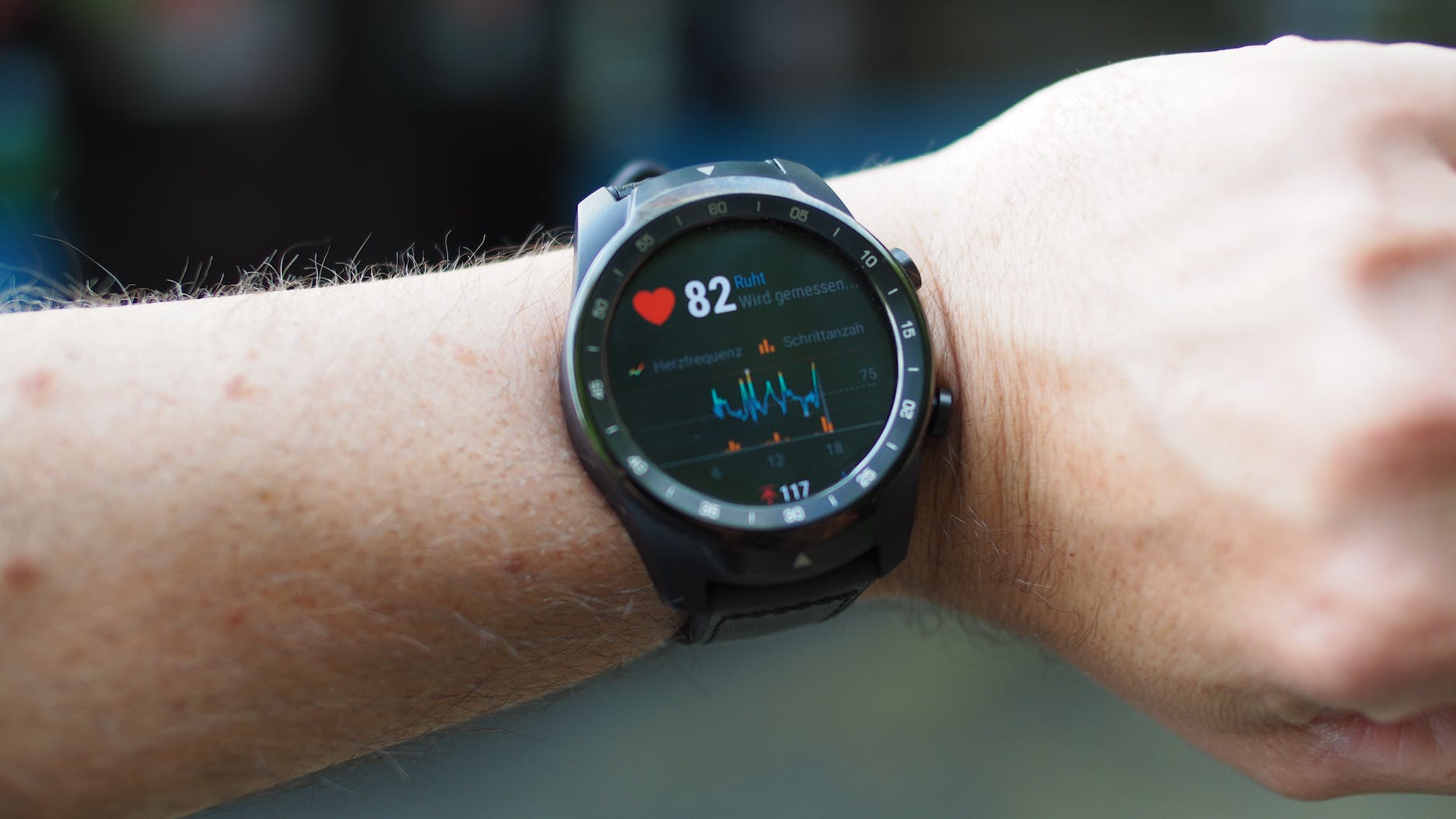Living in the era of fast-paced lifestyles, personal health and wellness have become increasingly important. Thanks to advancements in technology, individuals now have the power to take charge of their own health through biometric monitoring. Biometric monitoring is a revolutionary technology that allows us to track and analyze physiological and behavioral data, opening up a new realm of possibilities in healthcare. In this blog post, we will explore the benefits, applications, and ethical considerations surrounding biometric monitoring, shedding light on the future of health tracking.
Understanding Biometric Monitoring
Biometric monitoring involves the collection and analysis of various types of data to measure and track an individual’s health in real-time. These include heart rate, blood pressure, temperature, activity levels, sleep patterns, and stress levels. The continuous and accurate collection of such data provides valuable insights into health trends, allowing for the early detection of potential risks and proactive management of one’s well-being.
Harnessing Biometric Monitoring for Personal Wellness
Biometric monitoring has become increasingly accessible to the general public through devices such as smartwatches, fitness bands, and smartphone apps. These devices enable individuals to track a wide array of health parameters, from basic fitness metrics to chronic condition management. By leveraging the power of biometric monitoring, individuals can take a proactive approach to self-care, engage in preventive healthcare measures, and even identify subtle symptoms that might otherwise go unnoticed.
Biometric Monitoring in Medical Practice
The potential for biometric monitoring extends beyond personal wellness. Within clinical settings, healthcare professionals are beginning to integrate biometric monitoring into their practice. This integration empowers healthcare providers to remotely monitor patients, improve diagnostic accuracy, and personalize treatment plans. Specific areas in which biometric monitoring has shown promise include cardiology, diabetes management, and mental health, where real-time data can significantly impact patient outcomes.
Image courtesy of www.linkedin.com via Google Images
Ethical Considerations and Challenges
While biometric monitoring offers incredible benefits, it is essential to address the ethical considerations and challenges surrounding this technology. One of the primary concerns is privacy. The collection and storage of sensitive biometric data raise questions about data security and protection. It is crucial for individuals to give informed consent and for regulatory bodies to enforce strict data security measures.
Another challenge lies in the interpretation of the data collected. Proper analysis and understanding of biometric data are necessary to derive meaningful insights and make informed decisions regarding individual health. Over-reliance on technology without proper medical interpretation can lead to misinterpretation and potential health risks.
Furthermore, it is important to consider the digital divide. While biometric monitoring presents potential benefits, access to technology and digital literacy might limit certain populations’ ability to benefit from this innovation fully.

Image courtesy of medium.com via Google Images
In Conclusion
As we embrace the future of healthcare, biometric monitoring emerges as a powerful tool in promoting personal wellness and revolutionizing patient care. The ability to collect and analyze real-time health data empowers individuals to actively manage their well-being, fostering a healthier and more balanced lifestyle. In medical practice, biometric monitoring has the potential to improve diagnostic accuracy and enhance treatment outcomes.
However, as we move forward, it is crucial to address the ethical considerations surrounding biometric monitoring, ensuring data security, privacy, and accurate interpretation. By harnessing the potential of this technology while being mindful of these challenges, we can unlock a future where biometric monitoring becomes an integral part of a holistic and proactive healthcare approach.




